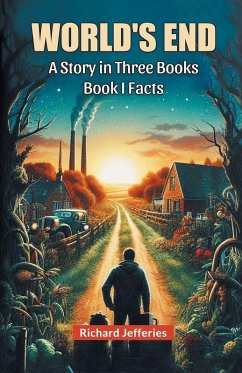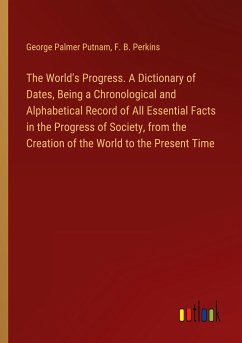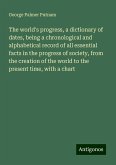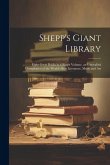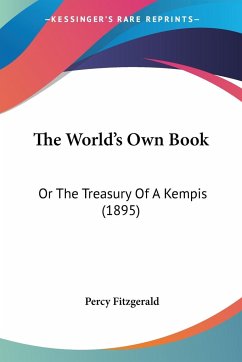World's End: A Story in Three Books Book I explores themes of societal structure, personal ambition, and the evolution of a city through the lives of its inhabitants. Central to the story is the development of a city that rises from a barren marsh, initially transformed by the burrowing activities of a water-rat, into a bustling urban center. At the heart of this transformation are characters who represent the tensions between poverty and the pursuit of wealth and status. The opening reveals the origin of the city and introduces key figures, including a miserly farmer and his two sons, who represent the older, established order, and the squatters, such as the basket-makers, who represent new, emergent forces in the community. As the farmer attempts to reclaim land he believes is rightfully his, tensions between the squatters and the established villagers escalate, setting the stage for conflict, moral dilemmas, and potential crime. This backdrop promises a richly layered exploration of social dynamics, class struggles, and the complexities of ownership and power in a rapidly changing society.
Hinweis: Dieser Artikel kann nur an eine deutsche Lieferadresse ausgeliefert werden.
Hinweis: Dieser Artikel kann nur an eine deutsche Lieferadresse ausgeliefert werden.

